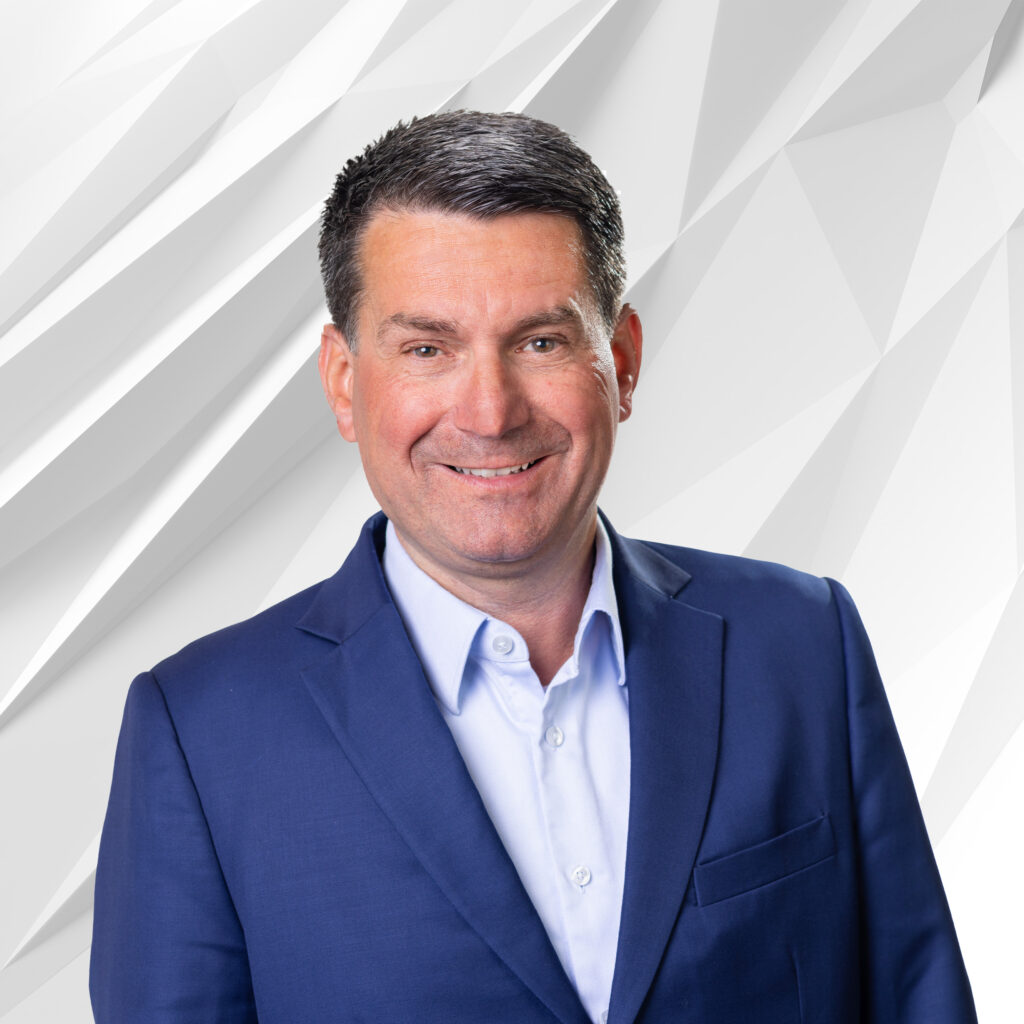It is well-established that industrial operations produce significant waste streams. The World Bank reports over 2 billion tonnes of solid industrial waste produced annually; a figure projected to rise by 70% to more than 3.4 billion tonnes in 2050, without urgent intervention. Add wastewater, and the total soars to over 9 billion tonnes.
Waste highlights inefficiencies in our systems that drain money and energy, while unnecessarily boosting carbon emissions. Mismanaged waste, such as plastics and chemicals, causes further harm to the environment.
Innovations in waste management, reduction and recycling are transforming sustainability-conscious businesses worldwide. These changes are driving us toward the ultimate goal of zero waste to landfill. For ABB, that goal is set for 2030, which is not far off. We know we have work to do. And here are some examples of how we’ve been doing it.
Initiatives in India
ABB India was ranked amongst the country’s top five most sustainable companies in 2024, and the below examples show why. At the heart of ABB’s IEC LV Motors site in Bangalore lies an ambitious vision: the Zero Waste to Landfill Initiative. Grounded in a 5R approach (reduce, reuse, recycle, recover, rethink), it aims to sustain a waste diversion rate exceeding 99%.
To ensure progress stays on track for net zero waste by the end of 2024, ABB’s waste reduction methods undergo constant refinement and analysis – and efforts to obtain third-party certification are well underway.
Practical steps include redirecting hazardous paint sludge for energy recovery in cement plants, recycling discarded containers via authorized vendors, and ensuring construction and demolition waste gets recycled. These measures reflect ABB’s comprehensive approach to reducing waste and enhancing recycling efforts, like eliminating single-use plastics at both the Bangalore and Faridabad facilities. The Bangalore site is certified as ‘waste-positive’ and recycles over 98% of its waste.
At ABB’s Faridabad factory, construction and demolition waste is sent to a local Pollution Control Board-authorised unit for reuse. Meanwhile, hazardous waste is converted into alternative fuels or co-processed for energy recovery.
Handling waste in China
At ABB’s Shanghai IEC LV Motors site, a project to optimise our resin insulation process is zeroed in on improving waste management practices. Previously, workers faced the difficult task of loading materials manually, which not only led to fatigue but also resulted in considerable hazardous waste from unused resin.
The shift to advanced automation promises significant improvements. Manual uploading is now a thing of the past, as the system automates resin mixing and feeding, thus conserving raw material. From the careful transfer of 200l drums to automated tanks, every step is designed to maintain a sealed environment, drastically cutting down on emissions.
The new process is also precise. The static mixing and trickling stages are finely tuned to control resin application, minimising waste, and the addition of degassing tanks for resins and strict temperature controls further stabilise quality. This project not only boosts ABB’s operational efficiency but also ensures waste management is sustainable.
Wood waste in Finland
ABB’s IEC LV Motors factory in Vaasa, Finland, has significantly reduced wood waste through innovative palletisation processes. In 2022, the factory generated approximately 680 tonnes of wood waste. However, a shift began in 2023 when the company changed its palletising process for electric plate rolls, replacing disposable pallets with recyclable ones. This strategy change resulted in a remarkable reduction of wood waste by nearly 40%. The factory also improved vertical transport and storage of plate rolls using lightweight disposable pallets, enhancing truck capacity and reducing transport costs.
Vaasa’s factory follows stringent waste reduction and recycling processes, mandated by legislation to prioritise reuse and recycling. Wood waste is sent to Stena Recycling for shredding into chips, which are then used as composting material, effectively closing the loop on wood resources.
Further enhancing waste management, broken pallets now have designated recycling areas. Guidelines for plastic waste are also being specified to ensure it’s separated from waste for energy recovery, as recycled plastic has a carbon footprint up to 70% smaller than virgin materials.
Low carbon targets and best practices
ABB IEC LV Motors implements best practices for waste reduction through initiatives such as switching to recyclable pallets and improving material transport logistics. These efforts significantly decrease waste, cut costs and lower CO2 emissions.
Partnerships with recycling firms help ABB divert considerable waste from incineration to resource recovery, aligning with our circular business model. This results in valuable end products like composted soil.
Locally, various initiatives underscore our commitment. Regional projects focus on specialised recycling programmes and community education on sustainable practices, solidifying our leadership in sustainability.
ABB is walking the talk to achieve its targets while demonstrating the benefits of proactive waste management and resource optimisation.









Subscribe for free